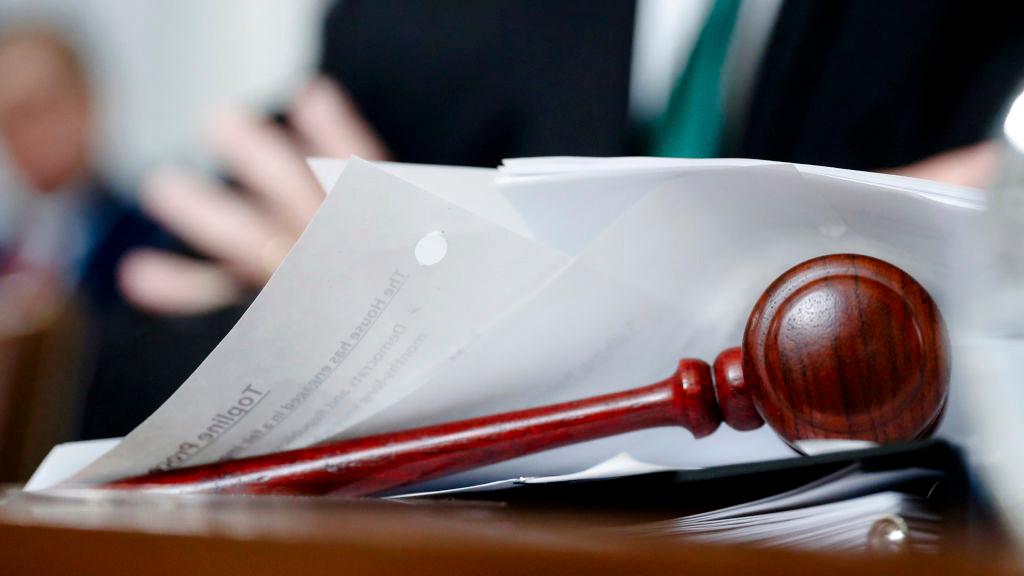Montana’s Supreme Court on March 27 struck down four major voting reform laws passed by the state’s Legislature in 2021 after ruling that the laws are unconstitutional.
In a sweeping 4–3 decision, the court reaffirmed a 2022 lower court ruling that found the four legislative enactments are unconstitutional and cannot be enforced.




